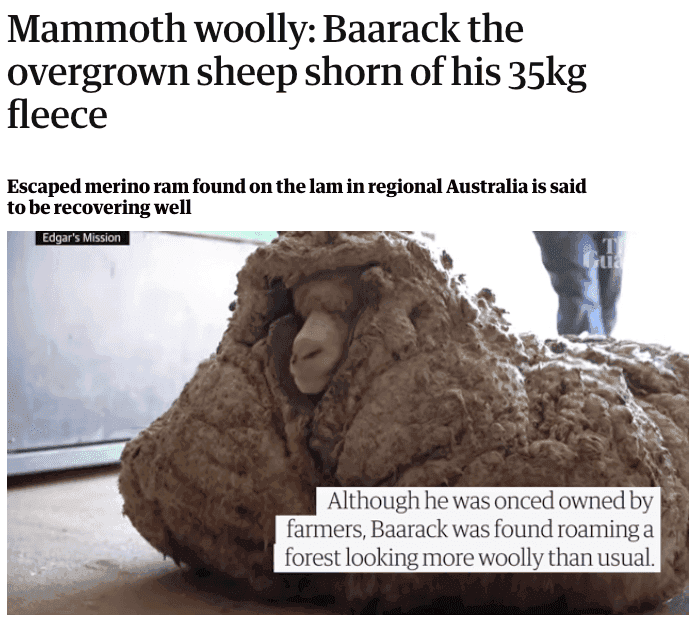A domesticated sheep is lost in the plains. Possibly lost only in human’s perspective, it could be roaming happily about. The sheep may want to retreat as well though. Domesticated sheep have long forgotten how to shed their own hair. Although one element of survival, warmth, may have been provisioned, overgrown hair is unwieldy for efficient survival. Point being, with the backing of abundant time, perhaps of hundreds and thousands of years, fundamental traits can be altered. Sometimes in a way conducive to survival, sometimes not so much. What about those of humans?
The bodily substance of humans could easily be put under pressure by external physical force. But even the non-physical parts-say, logic, preference, emotion, instinct and subconsciousness-can be manipulated, especially over time. This is what the book seemed to allude to. While doing so, it exposes the contingencies of our nature which could seem absolute or unchangeable. These, more importantly, no one really gives thought to and does not occur to one naturally.
How to alter logical skills? Stop teaching. It would not take two generations of humanity with an utter reduction in the scope of education accompanied by strictly limiting access to texts before a dramatic mass loss of intelligence. Exceptional minds could invent the most basic, maybe intermediate, forms of logic from scratch, only to be lost after their passing. Oneself cannot reinvent the entire academic corpus in a single lifetime for a branch of study to advance and to be refined requires building on top of what the predecessors have accumulated.
How to alter preference? How will someone stop me from liking milk chocolate? Forbid everyone from ever having had chocolate. After the current generation that experienced the sweet, tongue-covering sensation passes away, no one will be able to say they like chocolate. When chocolate does not exist in your world, you could not have a preference for it.
How to alter emotion? How will someone stop a child of their love towards their mother? Take all children away from family upon birth. Educate them very limited scope of knowledge in a communal setting. Allow no room for bonding on a family level to be cultivated. After couple generations, the function of a family and the norm of the responsibility of family members will shift tectonically.
How to alter instinct? Isn’t instinct something in your genes that has been developed over eons? By the same reasoning, with the aid of time spanning multiple generations, instincts can even change. Just like domesticated sheep long forgot how to shed their own hair. Is there a case where anyone would comply to these horrendous enforcements? Just like a person who does not know the existence of chocolate cannot have a preference for it, if one does not know a world where these are not enforced, it will be impossibly difficult to realize that these are horrendous. Comparison to others in a different location can be forbidden by cutting off means of communication. Comparison to others from a different point in time can be forbidden by limiting access to historical texts.
People pursue their personal happiness. Society should progress in a direction that increases the overall happiness. The book drags out statements as such, embedded deeply perhaps as axioms in our minds, makes us realize they are not objective truths but subjective beliefs. Objective and almighty an axiom may seem, the sheer fundamentality allows no ground further beneath to resort to leaving one speechless when posed with a simple question of why. Why should freedom and happiness-seeking on a personal, societal level be granted?
Compare a world where the society and their members are pursuing their happiness to a beehive-like society and their bee-like humans. Bee-like humans are not existing in the framework of pursuing happiness, they may not even have the intelligence to comprehend elements of happiness that are normal to people of the present. They may even be afraid and resist the world pivoting to a happiness-seeking one. Then how could we assert that the former is more valuable and preferable than the latter? If there were a being of higher dimension, perhaps a divine figure, to their eyes what difference would it make of what happens in a small speck called Earth? Is one instance superior than the other? Superior in whose eyes?
Written from scratch by Meston Ecoa
No assistance was received from any form of Artificial Intelligence.
No assistance was received from any grammar or vocabulary enhancing software.
Source


